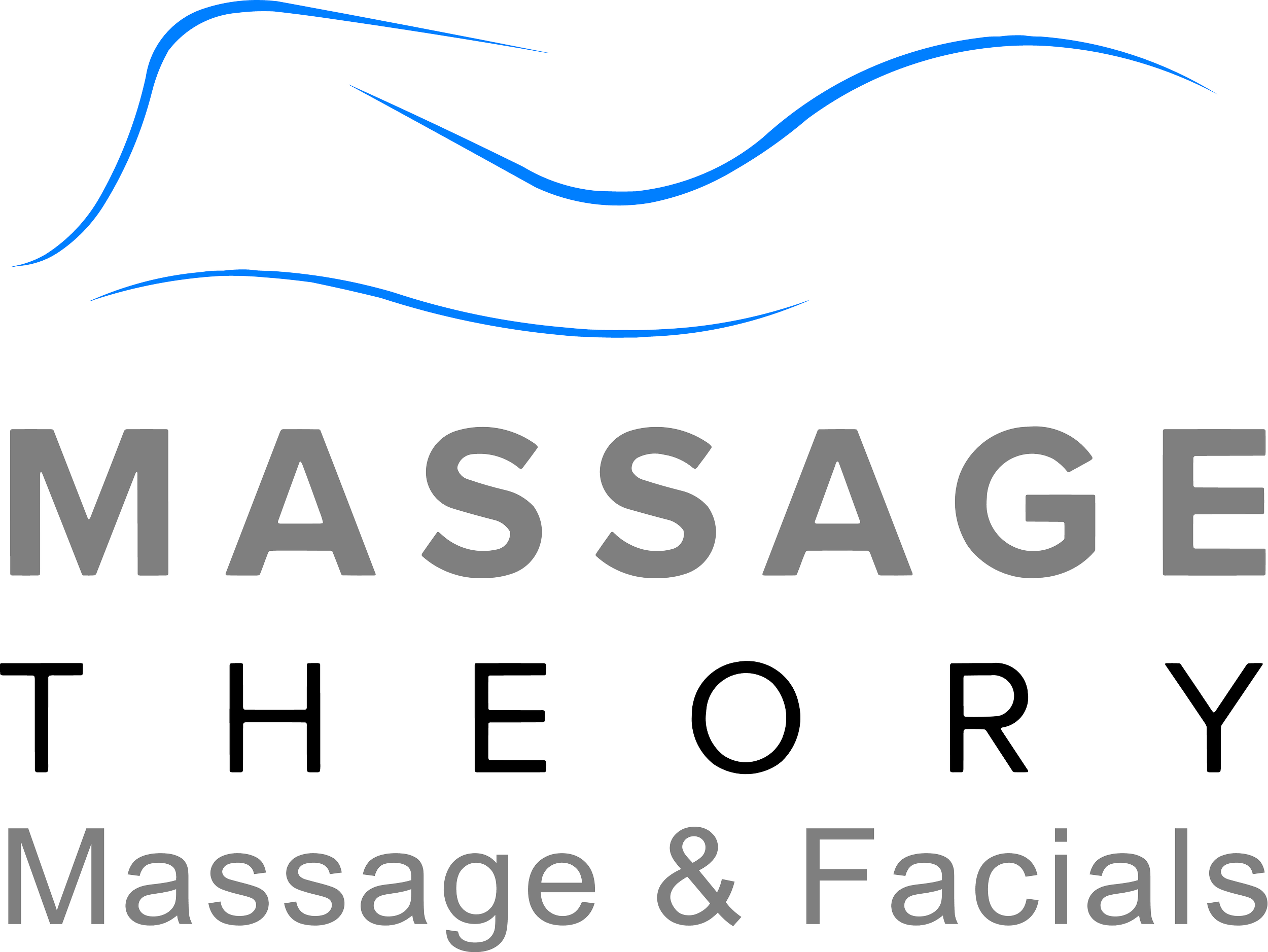Thorough and Therapeutic: The Benefits of a Massage
While you’re dialing in the number to schedule your next massage, you may be wondering if your body is reaping any other health benefits aside from your standard 30 to 60 minutes worth of melting blissfully into the massage table… not that that’s not reason enough to get a massage!
But what if we told you that those minutes of melting, relaxing, or general “oops-I-almost-fell-asleep-again” moments are the exact moments that your body needs for a well-rounded bout of recovery?
In short, massages are not only fun moments of self-care — when used correctly, they can also be essential therapeutic treatments that help you balance your mental, emotional, and physical well-being.
For example, massages are one of the most effective means of managing pain.
Used to reduce inflammation and swelling, massages are not only effective for treating chronic pain or injuries, but they’re also being recommended more frequently in place of opioids, according to the American Massage Therapy Association.
As a result of their scientifically proven health benefits and ability to both reduce a patient’s pain and increase their threshold for pain tolerance, massage therapy is quickly becoming one of the most common solutions to frequent or intolerable pain and stiffness.
But it doesn’t just start and end with physical ailments.
Massages are also scientifically proven to therapeutically treat more grievous emotional and mental illnesses, such as depression, anxiety, and persistent stress.
Massages reduce blood pressure while also stimulating endorphin release in the body, leading to a more natural state of heightened relaxation and lowered levels of cortisol.
As a result of this relaxation, the therapeutic benefits of massages go a long way — when you’re more relaxed and in less pain, you’re able to sleep longer. Your blood circulation functions more efficiently. Your lymph nodes are recharged.
Massages, in turn, boost your immune system, eliminate fatigue, and act as the catalyst to a continued state of long-term well-being, regardless as to whether you choose to take the physical or emotional approach to their benefits.

